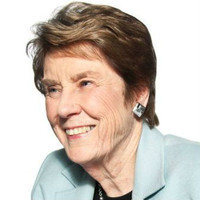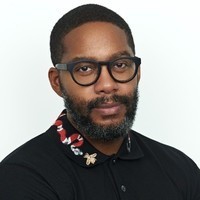Brin-Jonathan Butler has written for SB Nation, ESPN, and The New York Times. His new book is A Cuban Boxer’s Journey.
"He smiled at me and just to make small talk, I said, 'You know, you’ve got this gold grill on your teeth. Where did you get that from?' And he said, 'Oh, I just melted my gold medals into my mouth.' And I thought, 'I think I’ve got a story here.'"
Thanks to TinyLetter, WW Norton & Company and Open Road Integrated Media for sponsoring this week's episode.









